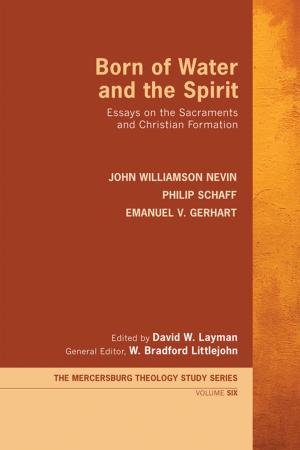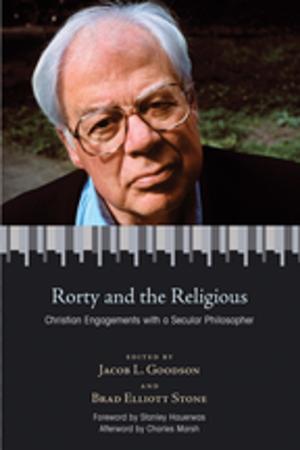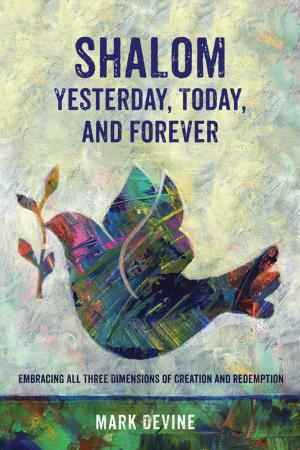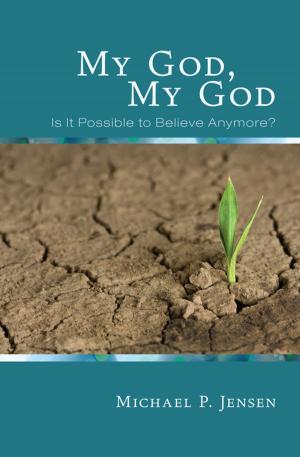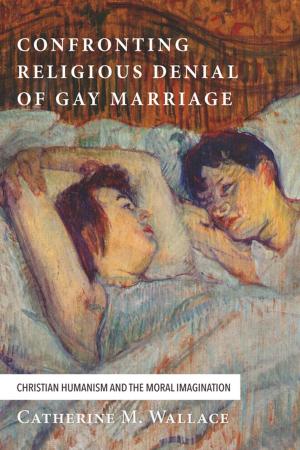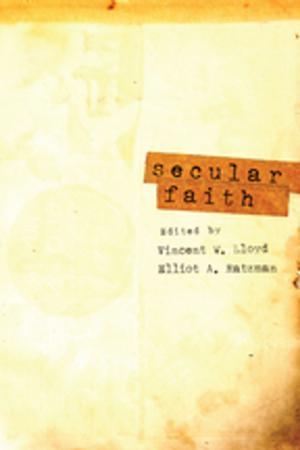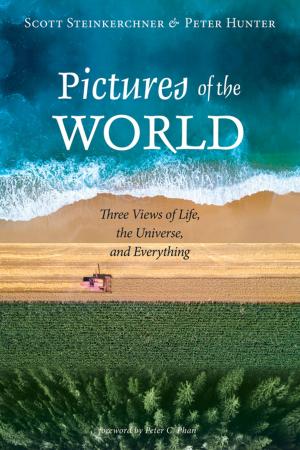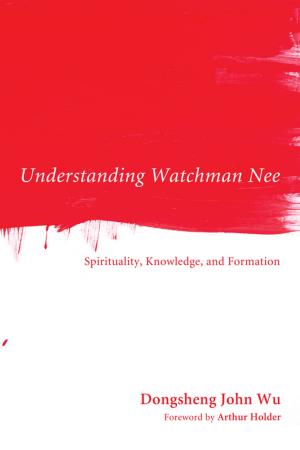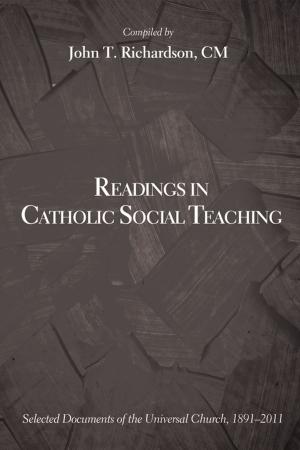| Author: | ISBN: | 9781630876241 | |
| Publisher: | Wipf and Stock Publishers | Publication: | August 4, 2011 |
| Imprint: | Pickwick Publications | Language: | English |
| Author: | |
| ISBN: | 9781630876241 |
| Publisher: | Wipf and Stock Publishers |
| Publication: | August 4, 2011 |
| Imprint: | Pickwick Publications |
| Language: | English |
Religion and ecology has arrived. What was once a niche interest for a few academics concerned with environmental issues and a few environmentalists interested in religion has become an established academic field with classic texts, graduate programs, regular meetings at academic conferences, and growing interest from other academics and the mass media. Theologians, ethicists, sociologists, and other scholars are engaged in a broad dialogue about the ways religious studies can help understand and address environmental problems, including the sorts of methodological, terminological, and substantive debates that characterize any academic discourse. This book recognizes the field that has taken shape, reflects on the ways it is changing, and anticipates its development in the future. The essays offer analyses and reflections from emerging scholars of religion and ecology, each addressing her or his own specialty in light of two questions: (1) What have we inherited from the work that has come before us? and (2) What inquiries, concerns, and conversation partners should be central to the next generation of scholarship? The aim of this volume is not to lay out a single and clear path forward for the field. Rather, the authors critically reflect on the field from within, outline some of the major issues we face in the academy, and offer perspectives that will nurture continued dialogue.
Religion and ecology has arrived. What was once a niche interest for a few academics concerned with environmental issues and a few environmentalists interested in religion has become an established academic field with classic texts, graduate programs, regular meetings at academic conferences, and growing interest from other academics and the mass media. Theologians, ethicists, sociologists, and other scholars are engaged in a broad dialogue about the ways religious studies can help understand and address environmental problems, including the sorts of methodological, terminological, and substantive debates that characterize any academic discourse. This book recognizes the field that has taken shape, reflects on the ways it is changing, and anticipates its development in the future. The essays offer analyses and reflections from emerging scholars of religion and ecology, each addressing her or his own specialty in light of two questions: (1) What have we inherited from the work that has come before us? and (2) What inquiries, concerns, and conversation partners should be central to the next generation of scholarship? The aim of this volume is not to lay out a single and clear path forward for the field. Rather, the authors critically reflect on the field from within, outline some of the major issues we face in the academy, and offer perspectives that will nurture continued dialogue.


